Here’s my list of recommended Broadway, off-Broadway, and out-of-town shows, updated weekly. In all cases, I gave these shows favorable reviews (if sometimes qualifiedly so) in The Wall Street Journal when they opened. For more information, click on the title.
Warning: Broadway shows marked with an asterisk were sold out, or nearly so, last week.
BROADWAY:
• Alfred Hitchcock’s The 39 Steps (comedy, G, suitable for bright children, reviewed here)
• August: Osage County (drama, R, adult subject matter, reviewed here)
• Avenue Q (musical, R, adult subject matter and one show-stopping scene of puppet-on-puppet sex, reviewed here)
• God of Carnage * (serious comedy, PG-13, adult subject matter, closes July 19, then reopens Sept. 8 and runs through Nov. 15, reviewed here)
• The Little Mermaid * (musical, G, entirely suitable for children, reviewed here)
• Mary Stuart (drama, G, far too long and complicated for children, closes Aug. 16, reviewed here)
• The Norman Conquests * (three related comedies, PG-13, comprehensively unsuitable for children, playing in repertory through July 25, reviewed here)
• South Pacific * (musical, G/PG-13, some sexual content, brilliantly staged but unsuitable for viewers acutely allergic to preachiness, reviewed here)
• Waiting for Godot * (drama, PG-13, accessible to intelligent and open-minded adolescents, closes July 12, reviewed here)
OFF BROADWAY:
• Coraline (musical, G, possibly too scary for small children and very problematic for twee-hating adults, reviewed here)
• The Fantasticks (musical, G, suitable for children capable of enjoying a love story, reviewed here)
• Our Town (drama, G, suitable for mature children, reviewed here)
• Ruined (drama, PG-13/R, sexual content and suggestions of extreme violence, extended through Aug. 2, reviewed here)
IN CHICAGO:
• The History Boys (drama, PG-13/R, adult subject matter, too intellectually complex for most adolescents, closes Aug. 2, reviewed here)
CLOSING SOON IN WASHINGTON, D.C.:
• Design for Living (comedy, PG-13, adult subject matter, closes June 28, reviewed here)
CLOSING NEXT WEEK IN WASHINGTON, D.C.:
• Arcadia (serious comedy, PG-13, too complicated for children and slow-witted adults, closes June 21, reviewed here)
CLOSING SATURDAY IN STAUNTON, VA.:
• Rosencrantz and Guildenstern Are Dead (serious comedy, PG-13, too complicated for children, reviewed here)
CLOSING SUNDAY IN DALLAS:
• Lost in the Stars (musical, PG-13, reviewed here)
CLOSING SUNDAY IN HOUSTON:
• Awake and Sing! (drama, PG-13, reviewed here)
CLOSING SUNDAY ON BROADWAY:
• Exit the King * (disturbingly black comedy, PG-13, reviewed here)
• Joe Turner’s Come and Gone * (drama, PG-13, some adult subject matter, accessible to adolescents with mature attention spans, reviewed here)

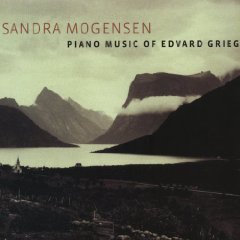 When I visited Ontario last week to review the
When I visited Ontario last week to review the 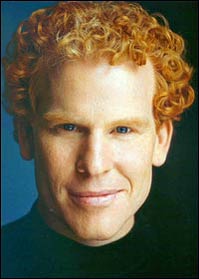 I don’t believe in omens, but if I did, I’m sure I would have concluded on the spot that meeting Roger in so serendipitous a manner filled the bill. Truth to tell, though, the creation of The Letter has felt like one long string of omenesque occurrences. Hardly anything has gone wrong since the
I don’t believe in omens, but if I did, I’m sure I would have concluded on the spot that meeting Roger in so serendipitous a manner filled the bill. Truth to tell, though, the creation of The Letter has felt like one long string of omenesque occurrences. Hardly anything has gone wrong since the 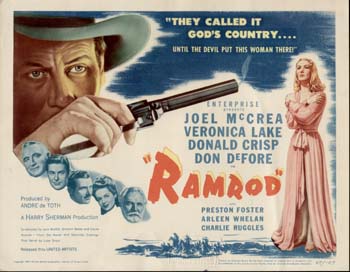 “Westerns are timeless. The soundtracks rarely are.” Lileks
“Westerns are timeless. The soundtracks rarely are.” Lileks 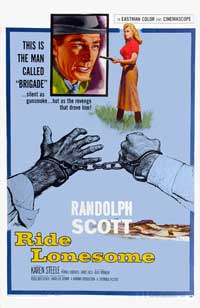 •
• 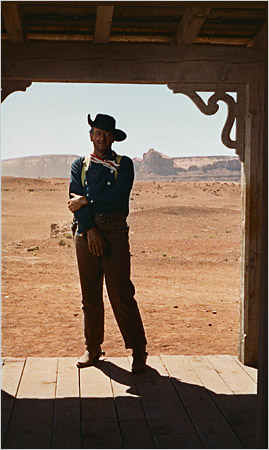 •
•